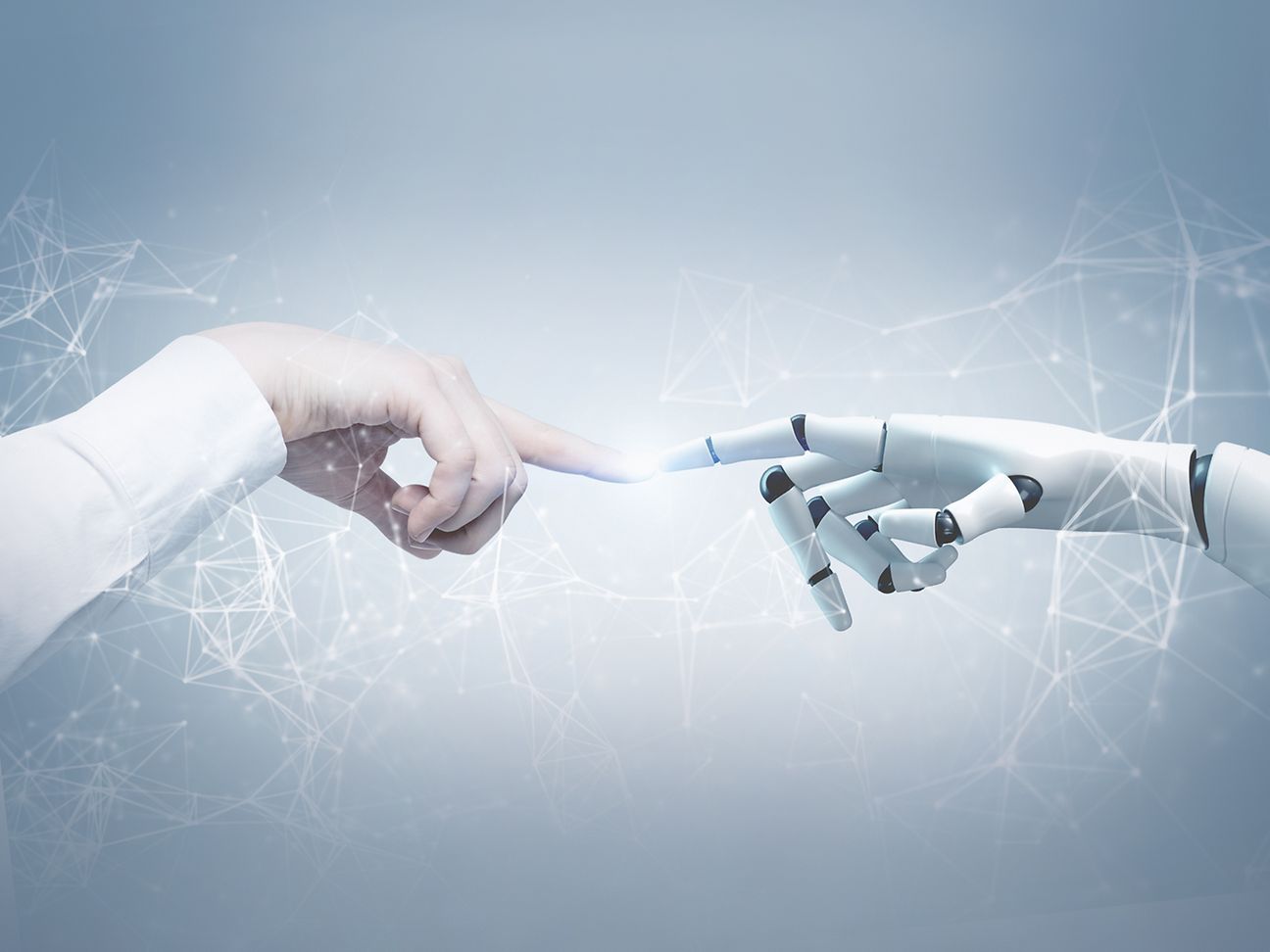Interview with Jérôme Monceaux, developer of Pepper and Nao
An insiders view – Jérôme Monceaux’s thoughts. Jérôme was the co founder of Albebaran, the company that produces the robots Pepper and Nao. We spoke to him about the question if Robots can develop consciousness? Or even be able to feel.
Jérôme Monceaux: Our goal at Spoon (his new projects) is to make our robots accepted in people's daily lives and on a long-term basis. Therefore our focus is not to create a robot with consciousness, but to create a robot with the highest level of familiarity. To increase this familiarity, we are creating a robot which gives the sensation that we exist for it. This knowledge, based on our extensive experience in humanoid and domestic robotics fascinates people, and when they see our robot, most of them tell us that it is the first time they feel seen by a robot. Some of them also tell us that it is as if the robot is conscious of our presence. This is where semantic issues begin...
To perform such a behaviour on our robot, we are linking every little element we can perceive from people to every little element that can move on our robot. We call this "Instinctive animal micro-interaction". From our point of view, it drives many of our human interactions with other human or with machine interfaces.
With the same approach, we do not pretend the robot to have emotion, but we are conscious that facial movements are instinctivly interpreted as emotion expressions by people. This is not just only about the face, this is about all little motions that are usually called "backchannels". Of course, the robot backchannel interaction reflects a simulated emotional state, which is designed with, at least, this in mind :
Never give a dominant position to the robot
reflect the robot perception / action limitations. (So user expectation will match to robot capabilities)
We should discover the robot as much as the robot should discover us
We don't want to give the best behaviours to the robot, but to create the best interaction.
We believe that with these tools to increase the robot familiarity we can reduce the cognitive load when interacting with machines : It reacts the way we instinctivly expect it to react.
We are acting with a high sensibility to ethics, we don't want our robot to be used for hidden purposes even if it means reducing our business size or our robot's features.
We believe that human interactions are one of the most beautiful elements of life and for this reason, we don't want our robot to replace humans! We see the social robotic as a way to stimulate, enrich and provoque human to human interaction.
Let's take an example: In a shop, the robot should not be installed as a staff replacement but as an opportunity to create a better interaction between staff and client or client and client. Then the robot will provide information, tools and entertainment to staff and client altogether.
Will robots always be seen as a machine/ a tool or will they become a colleague or even our boss?
Jérôme Monceaux: Robots are not human, and we don't need them to be human. They will never understand the world the way we understand it.
Our robots should be seen more as a telescope which allows us to see / do things (faster than) we were able (or not) to see / do before even if this things is about our social world or even ourself. In our view, a robot could not be a colleague or boss, he should be considered as a new species which comes with its capabilities and limitations.
